Cleaning Mistakes That Can Ruin Your Belongings
Wooden Surfaces: Don’t Spill The Tea
We all love to have a cup of coffee or tea at some point during our day. It’s the perfect thing to unwind with. Tea has calming properties while drinking coffee can instantly perk us up. Make sure to use a coaster when drinking tea as it’s known to cause stains that leave a mark on your precious wooden furniture.

Black tea is especially tricky since it has a dark color that’ll act as a coloring agent on your furniture. Make sure to avoid tea on wood like the plague. Opt for a glass coaster or even putting the cup on top of a tissue or a small towel.
Wooden Furniture: No Olive Oil & Lemon Juice
Lemon is known to be great for the hair to prevent dandruff. Squeeze some onto your scalp, and you’re good to go. Even though lemon is good for you, it isn’t suitable for your furniture. It’s know to ruin the polish of your furniture if its juices spill.

Make sure to avoid olive oil and lemon juice spilling all over your wooden tables when cooking. For people who have wooden countertops, make sure to do the cooking on a marble surface to avoid dust from collecting on its surfaces.
Stovetop Santizization: Avoid Car Products
Countertops, especially stovetops, can be a nightmare to clean. Spilled curry and burned grease can cause lasting stains. Often people will resort to using car wax to solve this issue since its made of abrasive material meant to clean your car in the best way possible.
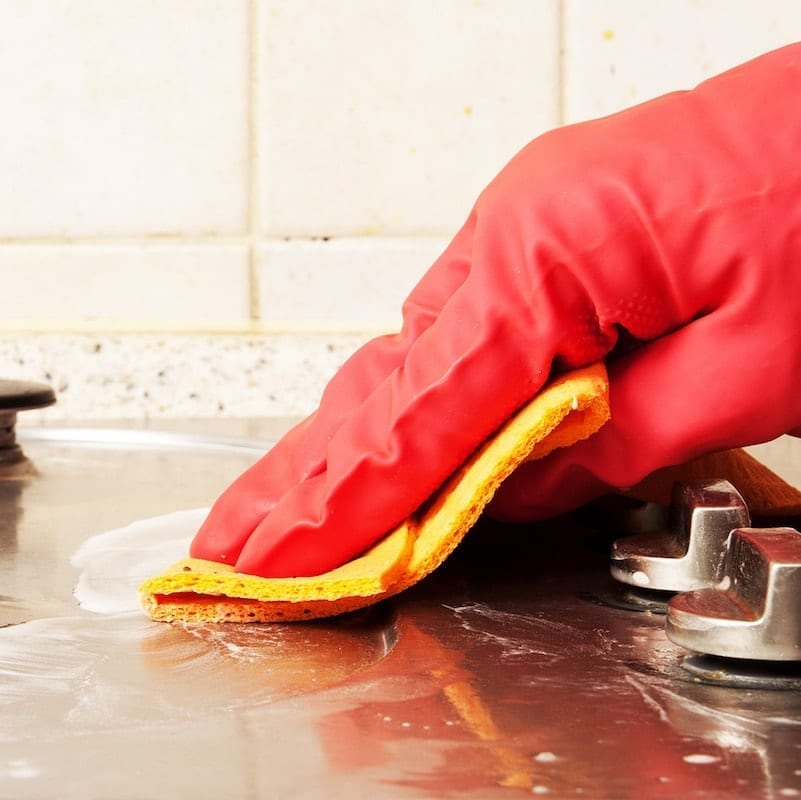
In fact, car wax should only be used for cars and should be avoided for stovetops. Some of the ingredients can be flammable and can be potentially dangerous. Be careful next time you consider using such alternatives; you wouldn’t want to make a mess in your home.
Synthetic Material: Avoid Hair Products
Hair products should only be used for our hair and detangling unkempt tresses. Some people have tried using hair conditioners for unshrinking their clothes made from synthetic fabrics, but it just isn’t possible. If you have a wool sweater that shrunk, you can still salvage it with a bit of conditioner (but don’t count on it!)

We’d advise making sure not to use hot water for washing your clothes since it’s known to shrink fabrics. Many fabrics can shrink in the wash, including wool and cotton, but synthetic fibers can also shrink, and hair conditioner is a big no-no.
Dirty Areas: Don’t Mix Vinegar and Baking Soda
Vinegar and baking soda on their own have many useful applications. Baking soda even makes for a great face mask, while vinegar can serve as a great toner. Not to mention it makes for a great salad dressing paired with salt and a dash of honey. Now, why shouldn’t you combine the two? Well, when combined, the acidity of the baking soda and vinegar together will be futile.
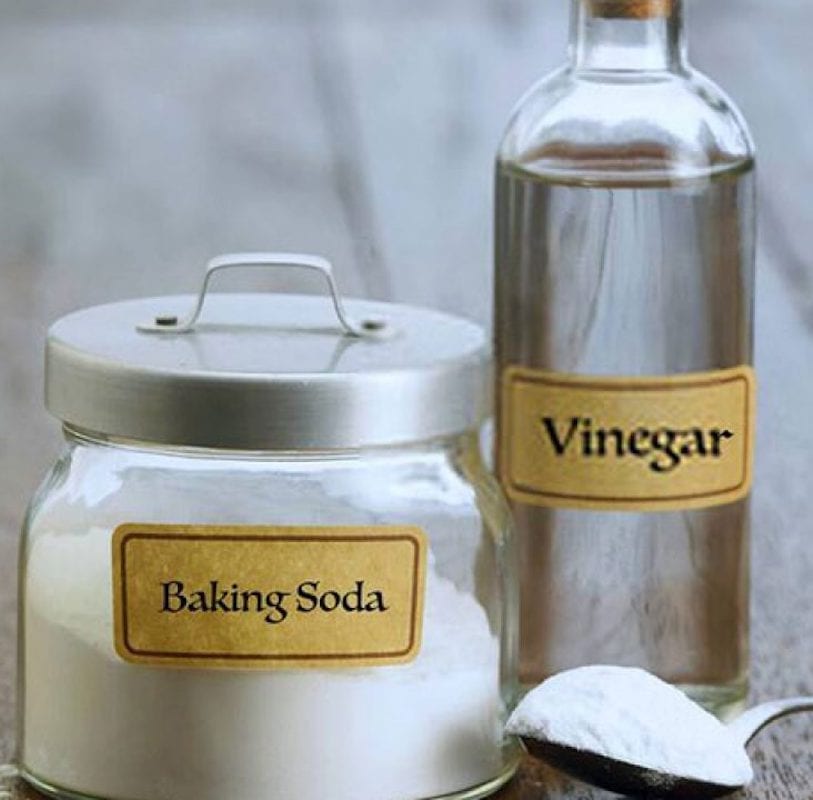
They won’t serve any purpose in helping you clean stains, and it won’t even unclog your skin. Your best bet would be to stick to usual cleaning agents instead of mixing these two. Sometimes two potential natural ingredients aren’t as useful as using one leading cleaning agent.
Furniture: Avoid Dryer Sheets
Dryer sheets are those sheets you pop into the laundry machine to add an extra touch of softness to your clothing. It’s quite the hassle to fish out laundry from the machine just to find that it’s all crinkled and needs extra ironing.

That’s where dryer sheets come in to save the day. They’re quick and easy and make your clothes baby soft. However, they don’t do wonders for your furniture. Make sure not to wipe down your wooden furniture with dryer sheets since these can cause unwanted stains.
Linens: Avoid Wax Paper
We haven’t heard of people using wax paper to avoid bright colors from transferring or bleeding to one another. Some people swear by adding a cup of white vinegar to your laundry machine when washing your linens to avoid any kind of bleeding.

Why shouldn’t you use wax paper? Well, if you live in a tropical or warm environment, the wax can melt onto surfaces that it comes into contact with. An alternative would be acid-free tissue paper if you must prevent your sheets from bleeding.
Laundry Machine: Don’t use Dental Products for Cleaning
Dental products such as toothpaste, dental floss, and even mouthwash are all helpful in keeping your teeth and gums healthy. Contrary to popular belief, word has been going around that mouthwash can help clean your clothing in your washing machine.
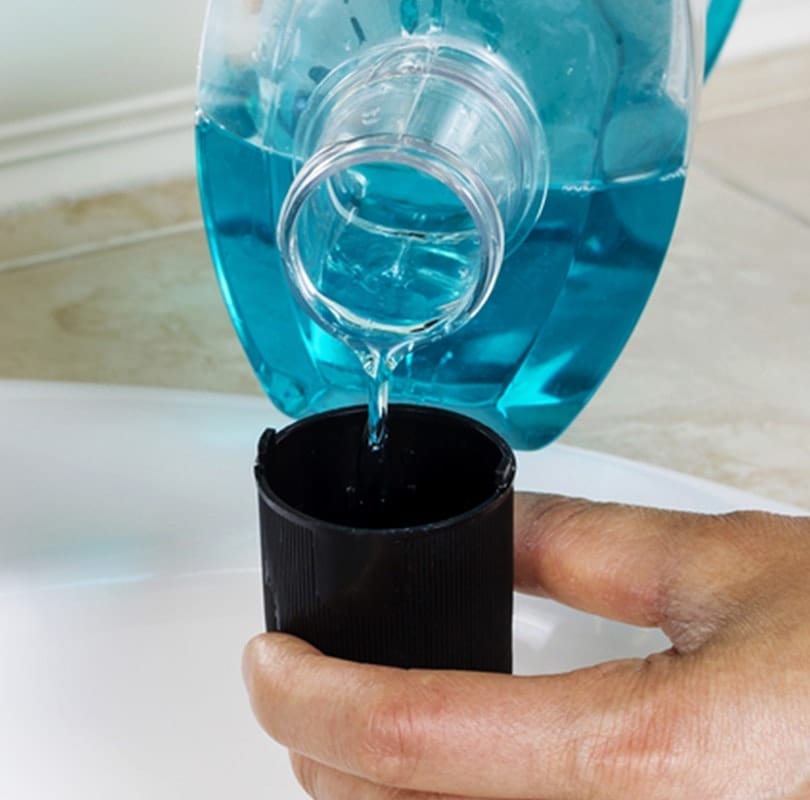
This tip is not correct at all since mouthwash isn’t as potent as laundry machine detergents in combatting putrid smells. Skip the mouthwash in your laundry and opt for a natural and nice smelling alternative instead. You can even go for a bit of bleach and warm water to clean your white linen better.
Drapes: Avoid Hairspray
Hairspray is a cocktail of chemicals that help keep flyaway hair down. When you’re preparing for a job interview or a meeting with someone important, hairspray usually does the trick to help keep you looking presentable. What it won’t do the trick for is removing the static from your drapes.

Don’t use hairspray to try to remove the static on your drapes since this can also leave your curtains with a strange smell and some sticky residue. What it can do, though, is help with dust, but we still wouldn’t recommend it to eliminate static.
Silver Jewelry: Don’t Clean With Toothpaste
When cleaning brass, ketchup is a great natural alternative to polish since the acid in tomatoes can break down the dirt and stains on your brass jewelry and furniture. Unfortunately, toothpaste on silver jewelry is too abrasive, unlike ketchup on brass.

It can cause irreversible damage to your jewelry. Another solution would be to make your own DIY silver soak bath using baking soda, vinegar, and salt. This can help break down the dirt and make it easier to clean your jewelry.
Dark Clothes in Laundry: Coffee Grounds are a Huge No
There’s been some buzz on the internet that using coffee grounds has been proven to keep your dark-colored clothes looking excellent and rich in color. That’s absolutely false. Not only will using coffee grounds clog your laundry machine, but it also might stain some of your delicate clothing.

The tiny coffee granules can also clog your pipes. That’s why when you make coffee, you should always throw the grounds directly in the trash can and not down the drain. To keep dark clothing dark, wash it, as usual, using cold water instead of warm and again we repeat, no coffee grounds! Or tea leaves for that matter too.
Glass Jars: Don’t Store Bleach
Glass mason jars are great for several things. Storing nuts, leftover pasta sauce, and even your dog or cat food. Unfortunately, it’s best to stick to dry and cooking ingredients. Storing harsh chemicals such as bleach can destroy your glass jars.
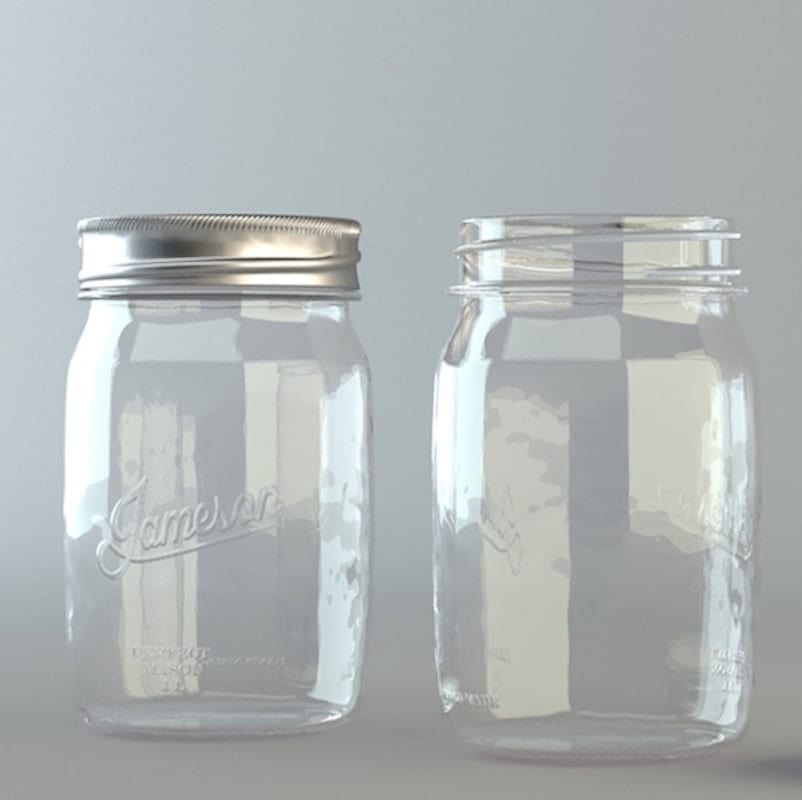
There’s a reason why bleach and harsh products are stored in their respective containers. It’s because they’re meant to be there. After opening your bottle of bleach, make sure to keep it in its place and avoid placing it in a glass jar since the harsh ingredients can ruin glass.
Dishwasher Safety: Avoid Lemon Wedges
Lemons have loads of uses, including being a great cleaning agent. Not only is it fantastic for cleaning objects, but it can also aid your digestive system. Some people have tried placing a lemon wedge in their dishwasher for that zesty and clean smell. The downside is that a lemon or two are not potent enough to clean and disinfect the inside of your dishwasher and can be counterproductive.
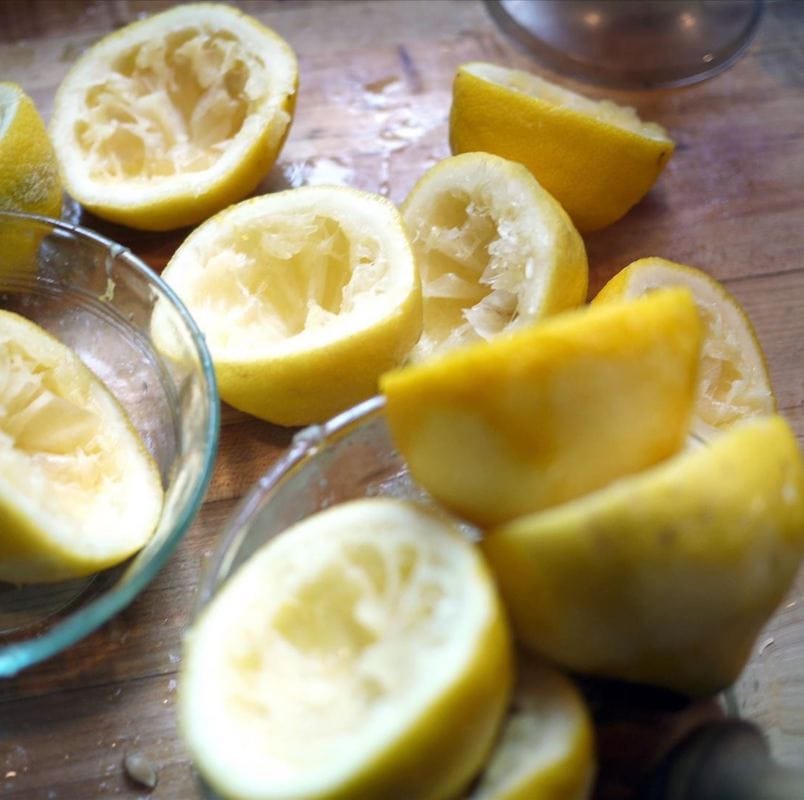
The best thing to do is to use a store-bought pod for your dishwasher to make sure the job gets done correctly. Go through one cycle, and that should be enough, and if not, you can always run it twice.
Musty Screens:Avoid Coffee Filters
Coffee filters are great for brewing coffee. You don’t need to buy an expensive coffee machine to have a quality cup of joe. Some people with many coffee filters at home, resort to using these filters to wipe their dusty screens. Be it dust from their TVs or even their laptops.
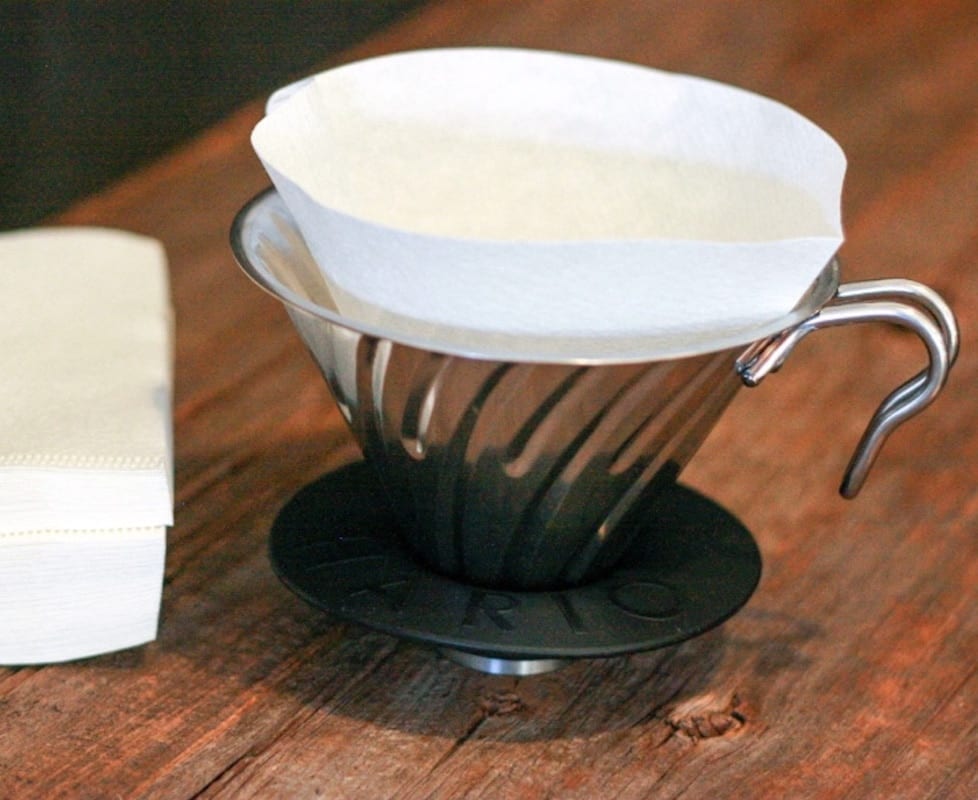
This isn’t’ such a great idea since it isn’t that efficient in taking out all the dust and microbes. Best to use a microfiber cloth to wipe dusty and grimy screens. Also, coffee filters are pricey, and you wouldn’t want to be wasting them.
Pantry Cleanup: Don’t Overclean
Some of us have pantries chock full with our favorite snacks and desserts. We like to stock up, so we have enough for the times we need something. Such as during a global pandemic. Unfortunately, it isn’t productive to clean out your pantry all the time since this can scrape off the natural wood coating in your pantry.
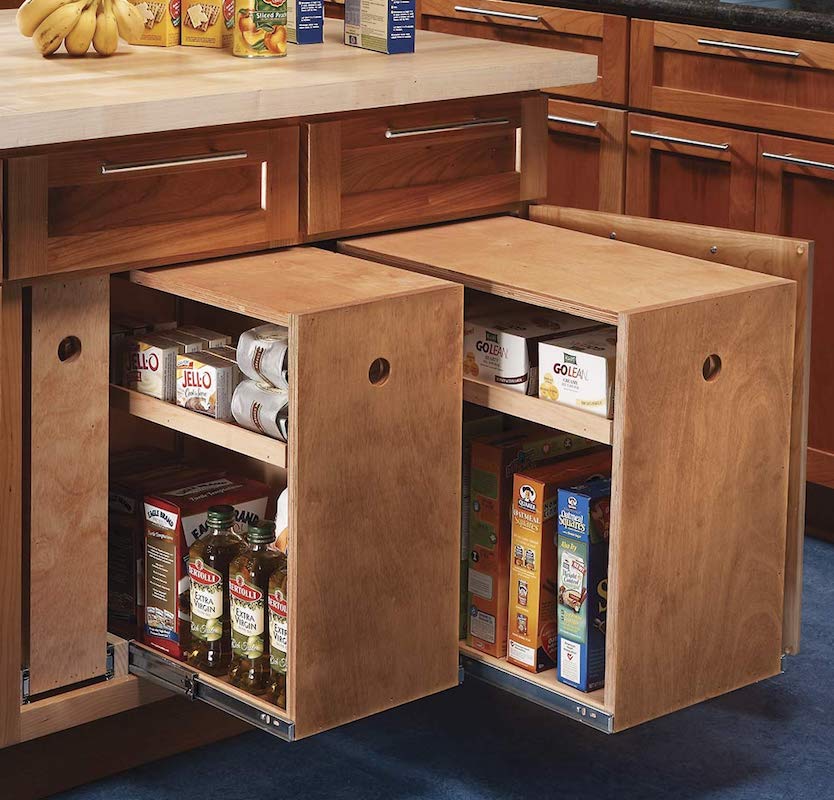
Target a few areas that need deep cleaning and wipe those places down gently instead of aggressively cleaning the entire pantry. Too much cleaning isn’t always a good thing. Too much of anything can’t be good for you or your furniture.
Leather Couches: Oil and Vinegar are a No
We’ve mentioned this before, but we’ll have to stress it again. Vinegar should be used sparingly on your furniture, especially the ones you care about the most. White vinegar and linseed oil are a huge no-no. Vinegar shouldn’t be used for sensitive areas and is best used in places like the bathroom or even on your face.
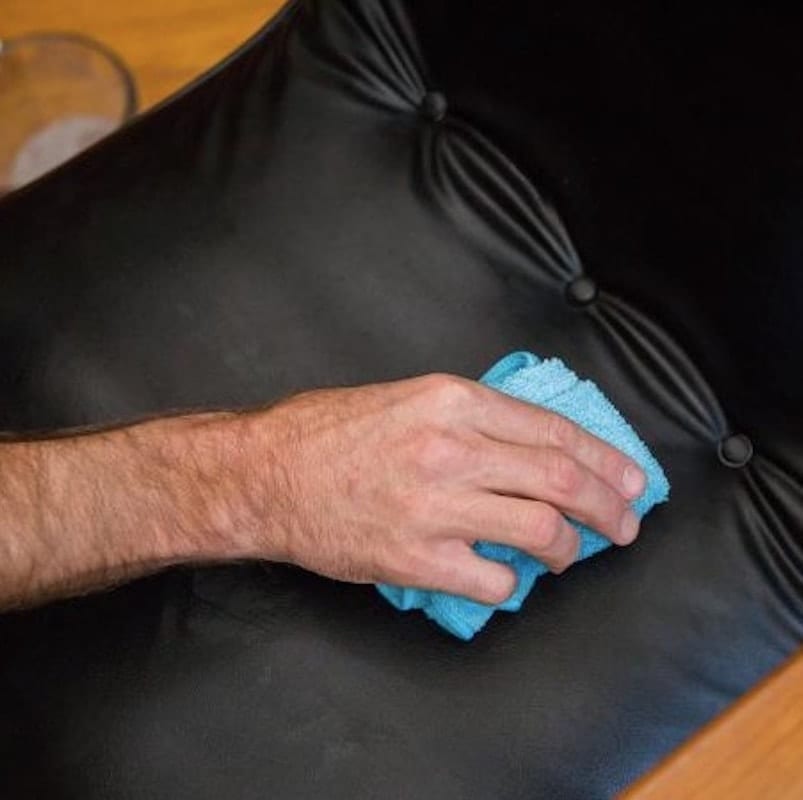
Some people have mentioned on social media how linseed oil can help nourish and revitalize old leather couches. But this is a huge no since it can damage the couch’s material. Best to stick with a bottle of stain remover from your local cleaning supply store.
Fridge: Avoid Newspapers
We’re not quite sure how this hack came to be, but if this is something you’ve done before, then don’t give it another shot. Some people use newspapers to line their fridge drawers, perhaps to look neat. But there’s nothing neat and sanitary about having newspapers in your fridge.

If you really want to keep your fridge tidy and clean, you can open a pack of baking soda and leave on a shelf in your fridge, this will help clean up the odor and also leave it free of germs.
Fabrics: Avoid Salt in Your Laundry
While most people use salt in the kitchen, some also bring it to the laundry room. The common misconception is that it should keep vibrant colored clothes from bleeding in the laundry machine. This, on the other hand, is false news. The heaping dose of salt can clog your laundry machine, not to mention, it could ruin the delicate fabric of your clothing.
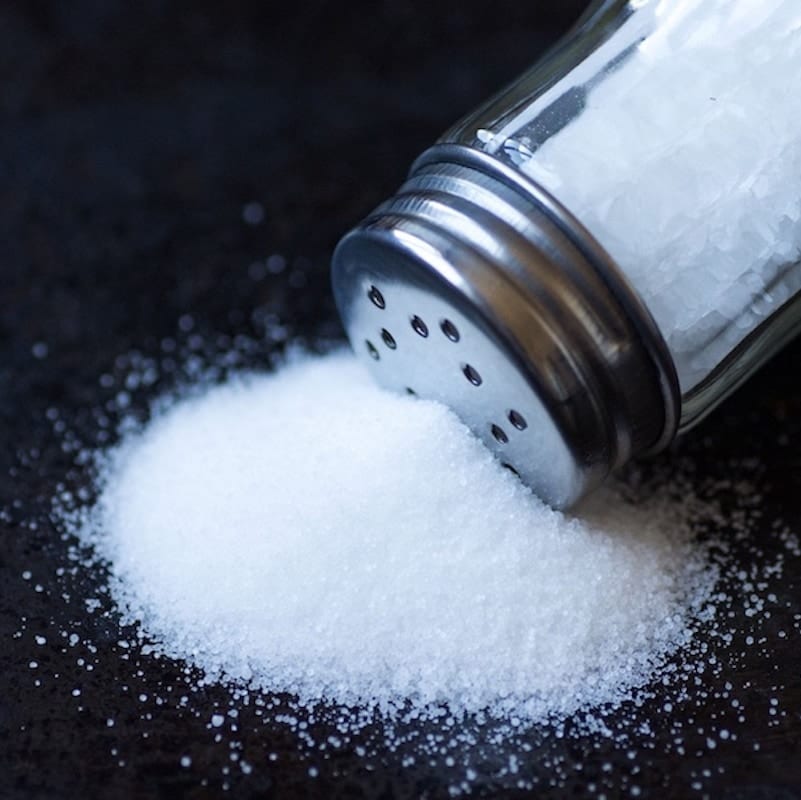
If you aim to have colored clothing that lasts, your best bet would be to buy clothes that are high quality and made with lasting dye. Follow the care label on your garment carefully. Dyes are usually set in the clothing and can be hard to increase the brightness of it.
Cleaning Glass Windows: Avoid Newspaper
When cleaning your windows, don’t go for just any material. Especially since windows are prone to smudging and marks. Instead, use a light cleaning solution that you can buy in any convenience store and a light cloth to clean the surfaces of your windows.
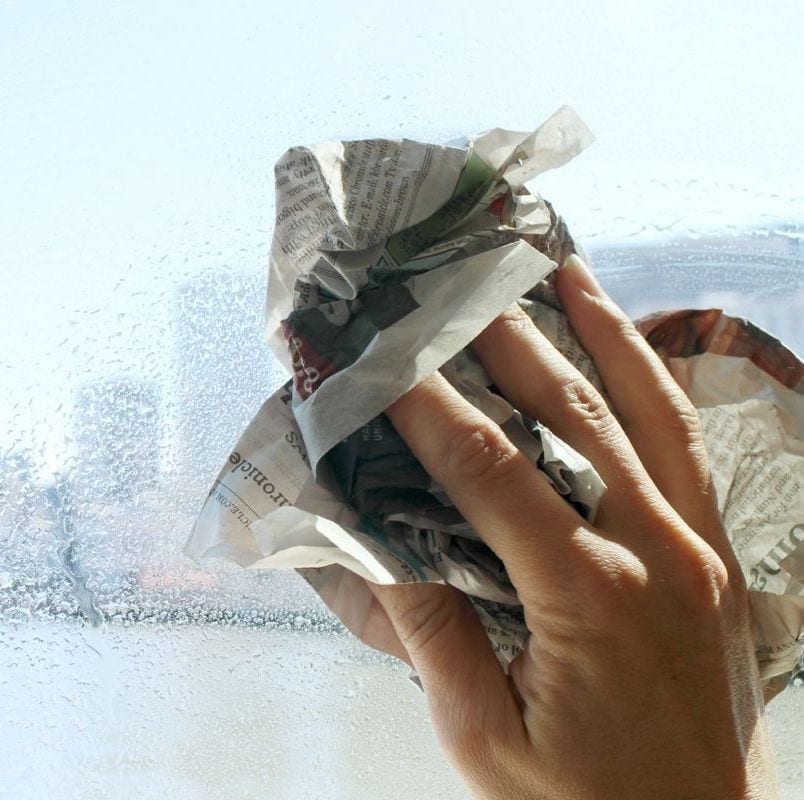
Newspapers aren’t good alternatives since sometimes the ink can be rubbed off, causing more mess on your windows. Keep the glass areas dry and clean and wipe them regularly when they start to collect dust. Your windows will thank you later.
Sink Issues: Steer Clear From Bleach
Rust can appear in areas in your home where there is an excess of moisture in the air. Household items that are exposed to a lot of humidity can start forming this strange-looking reddish color. So it’s no surprise that sinks can get rusty. This is where a natural rust removing method will come in handy.
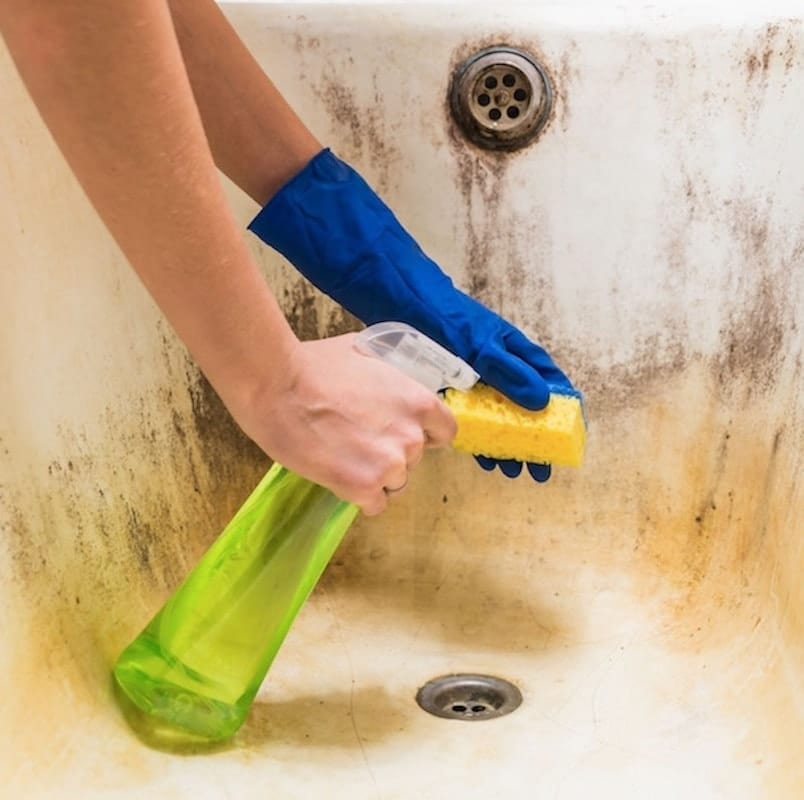
Instead of going for the bottle of bleach right away to fix the problem, try using a vinegar and water mix. 2 Parts vinegar to 1 part water in a spray bottle, a few squirts, and a good cleaning session on your rusty sink should do the trick.
Glassware: Fastening in Dishwasher
For people with dishwashers, you might think that you are protecting your glasses by securing the stems with rubber bands in your dishwasher, but this is a mistake that you ought to avoid. You might end up with broken glasses, which could result in a cut thumb!
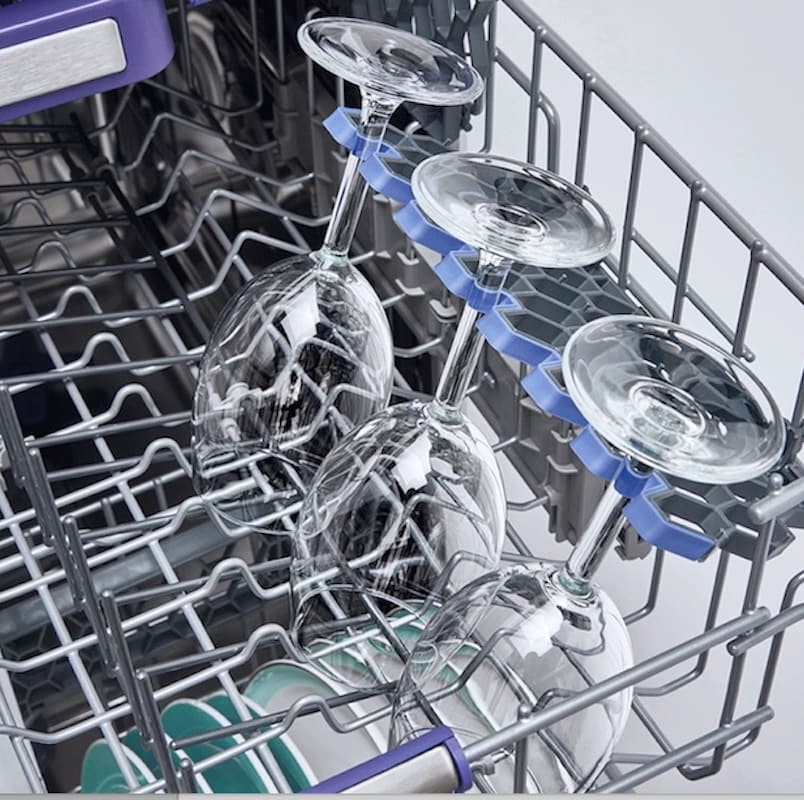
Since the dishwasher heats up during its cleaning process, it could snap off the rubber bands and the glasses with them. It also might not happen often, but there’s a considerable chance that it could. We advise hand-washing wine glasses and using the dishwasher for jars and mugs (minus the rubber bands!)
Burnt Marks on Clothing: Say no to Cornstarch
Ironing is one of the most likely things for people to have to do after taking their clothes out from the dryer. The hassle of picking up your shirt and plugging in the iron is all too relatable. Another unhelpful hack is putting cornstarch on a burnt shirt.
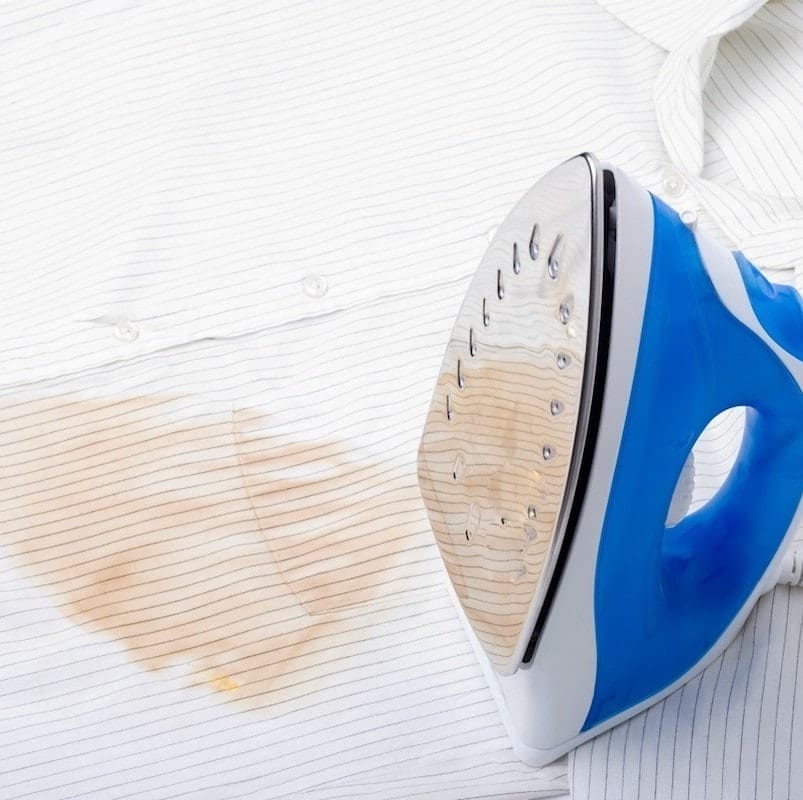
Not only will it leave your shirt still scorched, but you’ll also end up with a greasy stain and that’s no fun. If you’re looking to remove deep-seated stains then grab an old toothbrush and scrub away at it with a gentle soap. Voila!
Rug Stains: Don’t Rub Vigorously
Spilling things on our rug is one of the most common home slip-ups. Sometimes we’ll have a night where we drank too many glasses of wine, or perhaps we’ve made a delicious soup and spilled it. It can happen to anyone. The one thing we should avoid doing though is rubbing vigorously.
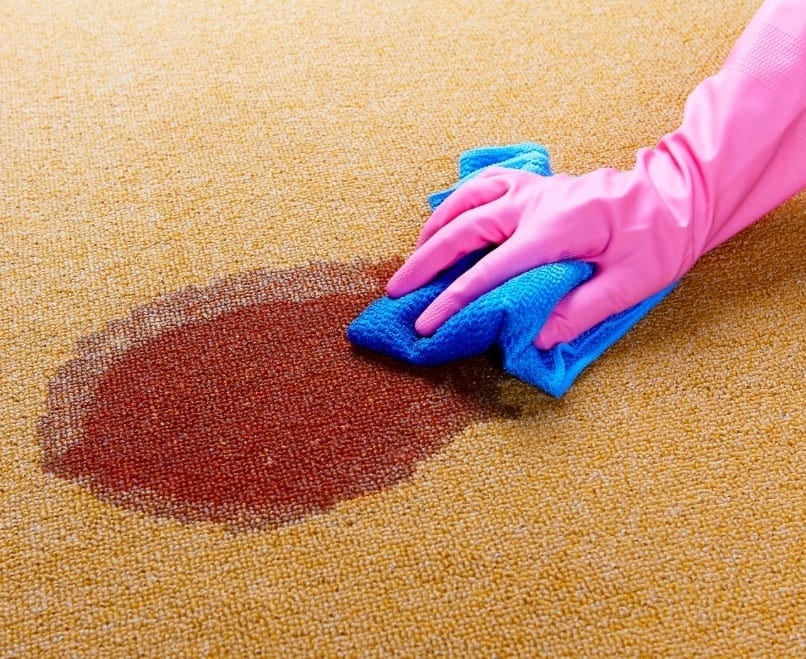
Not only does this harm the carpet, but it can also make the stain worse. Instead, you can use dishwashing liquid or any kind of gentle Castille soap and scrub lightly at the surface. The sooner you start working on the stain at a controlled and gentle pace, the easier it’ll be to zap it away.
Clothing: Don’t Add Vinegar
We’re perplexed as to how some people might look at vinegar as an all-in-one solution when it simply isn’t. Since it’s known to stop the spread of bacteria, this might be the reason why people use it on everything. But the same concept doesn’t apply to clothing.
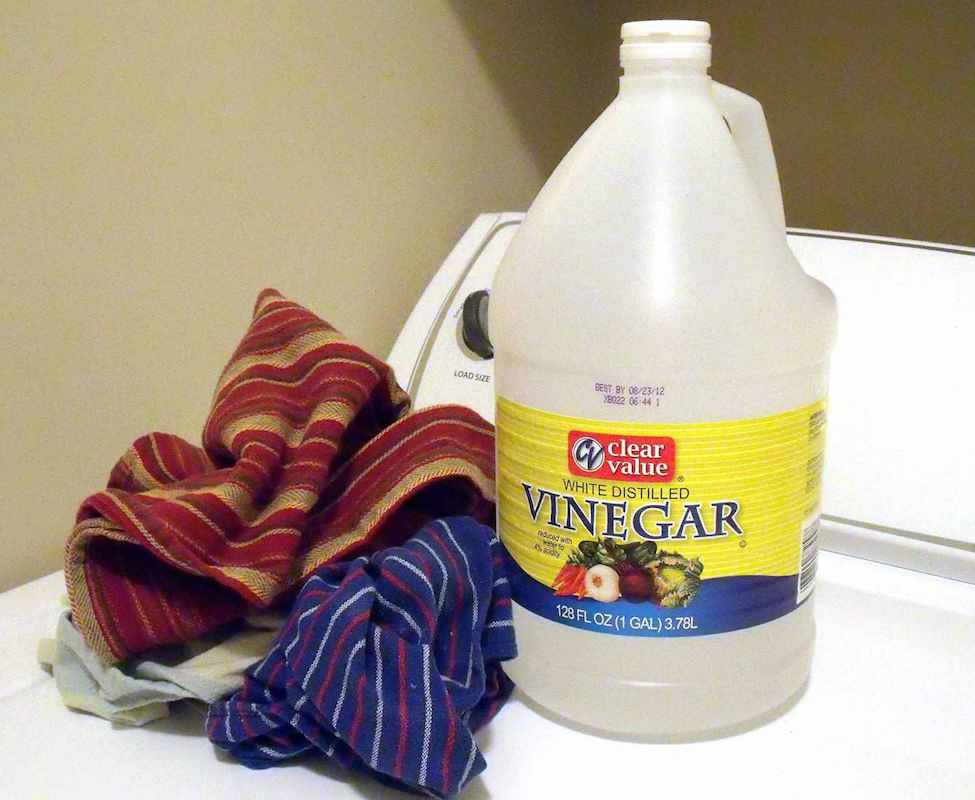
If you have a stain, make sure to rub it gently with a soft microfiber cloth and a bit of laundry detergent. Don’t reach for the vinegar just yet since it can’t disinfect or clean your clothing. Make sure to leave vinegar solely for kitchen use or on some other home areas stated here.
Keeping Clothes New and White: Avoid Crushed Aspirins
Aspirin is well known to be used to help cure major headaches, but some people use it too for whitening their light clothing. Mostly because it contains salicylic acid, which works to strip away grimy stains, some people soak their garment in crushed aspirin pills, but this can only harm your sensitive clothing.
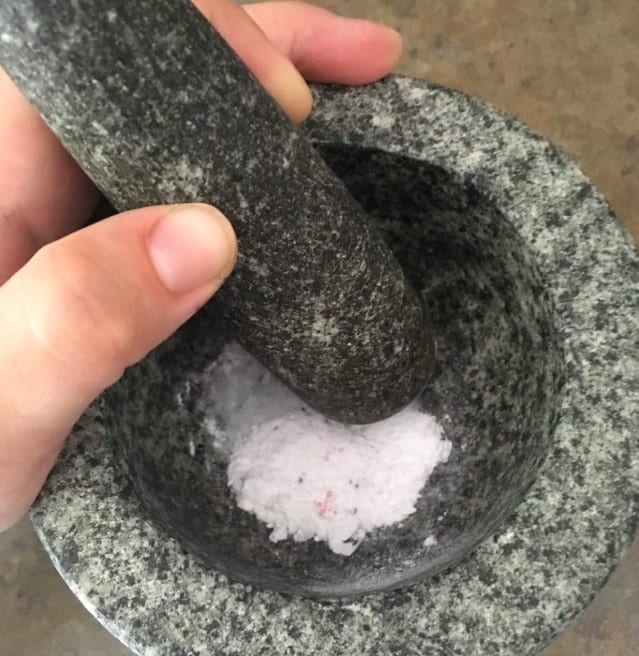
To get rid of deep-seated dirt, you can soak the clothing the night before in laundry detergent and rinse it off gently in the morning. Although this process is much more tedious and time-consuming, it still works like a charm and is a classic dirty clothing hack.
Plastic Containers: Cleaning With Lemon Won’t Work
Plastic containers and bento boxes are great ways to store your food when you’ve made too much. We’ve all used them before, especially when we’ve ordered too much food at the restaurant but still want to keep the leftovers. Keep in mind that the stains in these boxes can be harsh as well, so using lemon juice for cleaning them won’t work as well as applying regular cleaning agents.
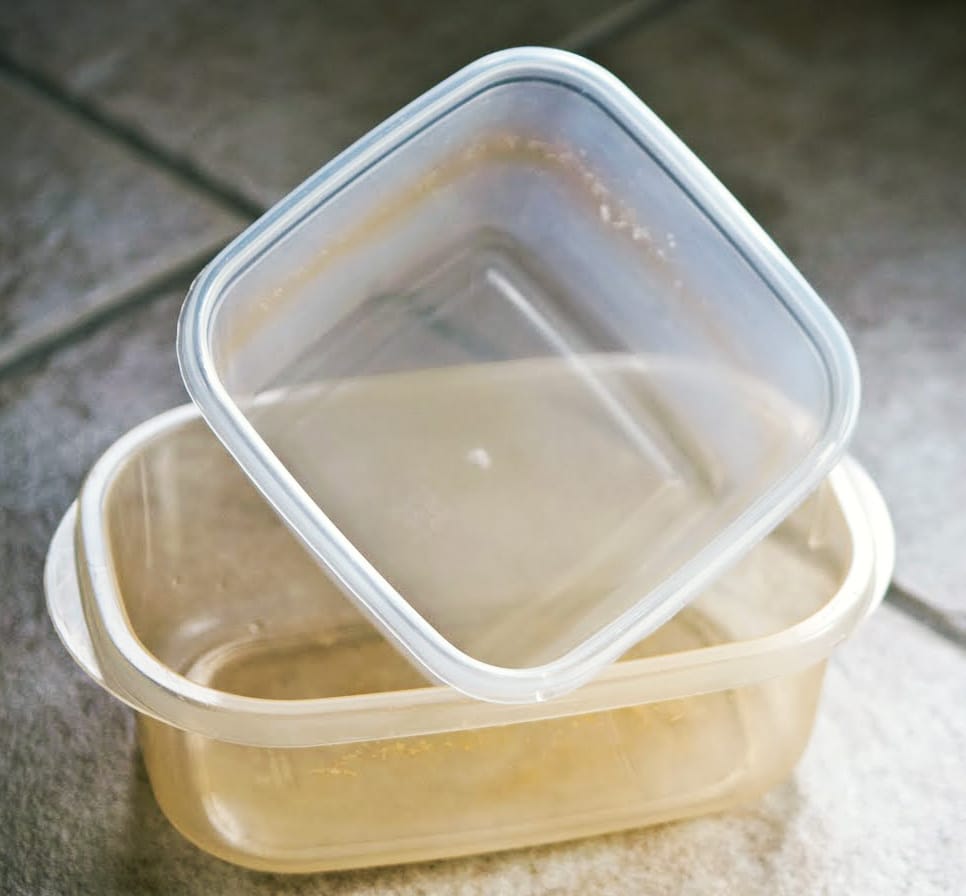
Some people even soak them for an entire day in lemon juice, but this can be counter-productive. If you’re truly for the natural way, then use a bit of baking soda to form a paste and leave it the container for a few hours. Rinse off with soap and water as usual for a shining piece of Tupperware.
Air Vents: Say No to Dryer Sheets
We’ve mentioned how dryer sheets aren’t great for your laundry, nor your furniture. But we also recommend avoiding them for your air vents. Sometimes, when we’re in a rush we tend to go for quick solutions. But, this one should be avoided at all costs.
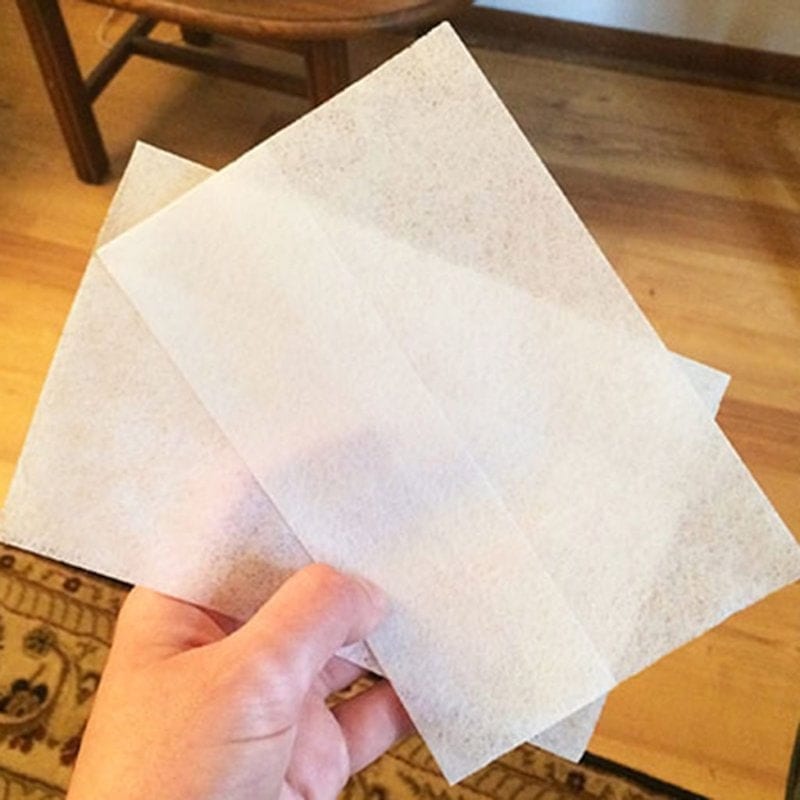
Dryer sheets are known to block air vents and can also cause problems with your air circulation in your home. If you have a dirty air vent clogged with dust, just wet a microfiber cloth with a bit of soap and water and wipe down gently.
Hard to Remove Splotches: Avoid Hairspray
There are many hacks for hairspray, from using it on your tights to prevent snags, to keeping pesky brows in place after a long and sweaty day. One thing it won’t do for you though, is to remove stains. Especially ink stains.
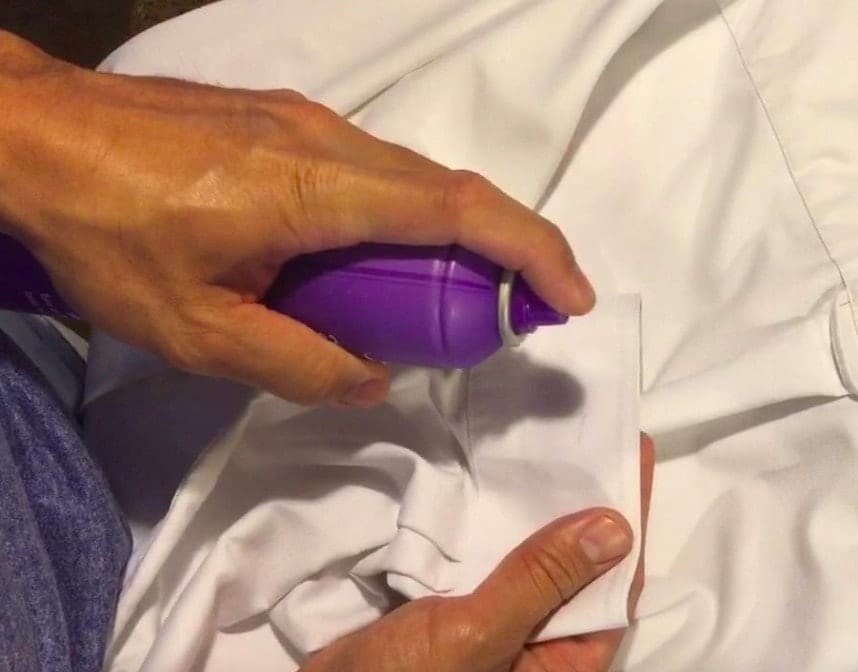
Hairsprays in this day and age contain alcohol, fragrances, and many other chemicals that aren’t suitable for clothing. If you’re looking to clean a stain, make sure to wash it right away to avoid leaving a mark.
Sponges: Don’t Clean in the Microwave
Now we have heard it all! Sponges in microwaves? Sounds pretty harsh, doesn’t it? That’s because it is. Many things can catch fire in your microwave, and a sponge is one of them. Since its made with delicate microfibers, the power of the microwave will cause the material to burn.
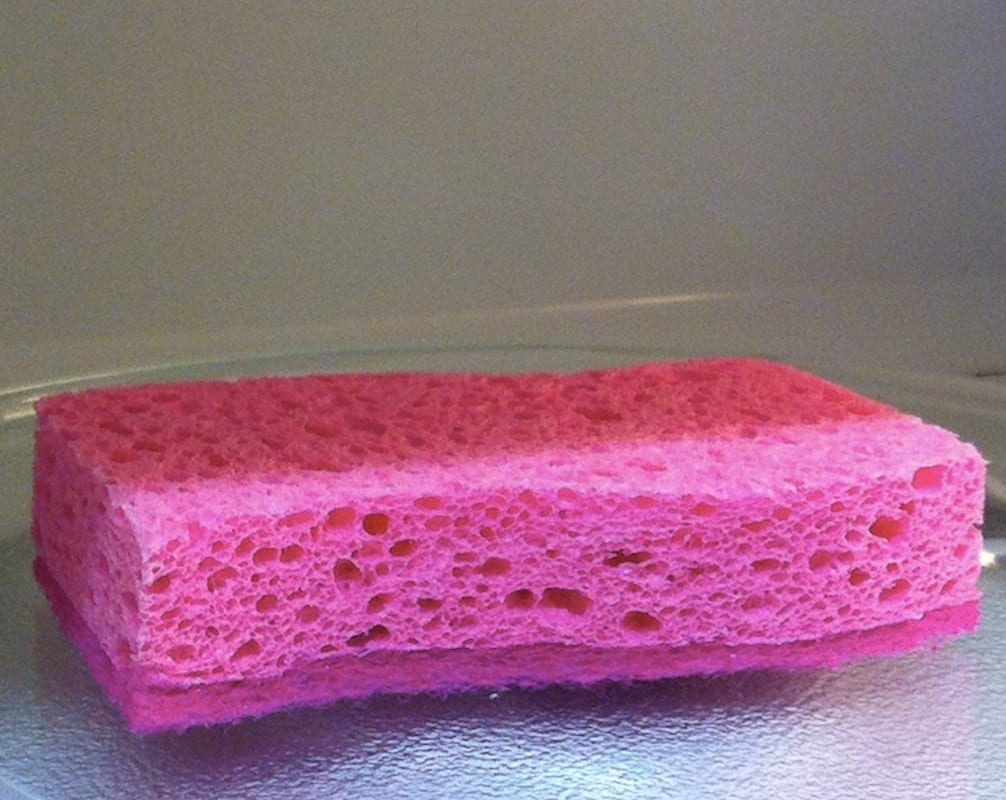
If you’re looking to clean your sponges, the best way would be to use your regular dishwashing liquid and air it out when you start to notice stains. Also, getting a new sponge might be even better when it starts looking positively grimy.
Cleaning Toilets: Ditch the Eraser
Some of us have used the magic eraser at least once. It’s a vital product from Clean that has a special ingredient called melamine, which has been used for many years as a tool for soundproofing structures. Go figure! But the main point of a magic eraser is its ability to clean surfaces.

Magic erasers aren’t a solution for everything, though. Don’t ever try cleaning your toilet with one, it won’t be able to pick up all the grime and dirt since it’s mainly used for buffing scuff marks or cleaning small dirty areas on painted walls.
Counter tops: Say Bye to Vinegar
Vinegar is well known to be a mild acid that’s great for using on dirty areas around your home. Got a stubborn brown spot in your bathroom? Just add a bit of ACV and scrub it down lightly. What vinegar shouldn’t be used for though, is countertops.
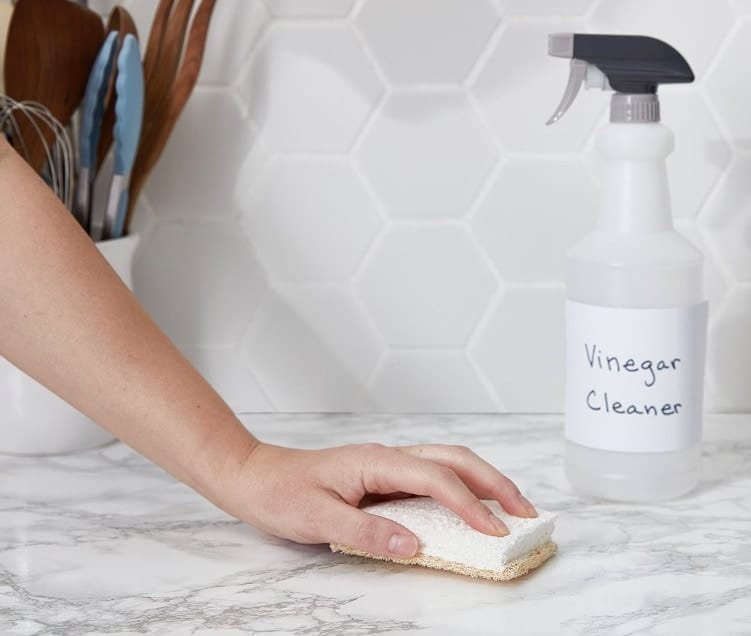
Since marble or stone can be more sensitive than other materials, it’s best to avoid vinegar in cleaning. It’s best used for unclogging drains, and it even makes for a great toner. Just avoid dabbing it onto your delicate kitchen countertops.
Wooden Furniture: Don’t Splash Olive Oil or Lemon
DIY cleaning solutions are wildly promoted on the internet for their effectiveness and are usually seen as a natural alternative to harsh chemical agents used for cleaning wooden furniture. This is one of those times where you should avoid olive oil and lemon DIY recipes altogether.

Not only will the acidity of the lemon destroy your wooden furniture, but it might even leave permanent marks. Using olive oil to clean your wood furniture can also degrade the material, not to mention, termites and bugs might start building homes in your furniture. Yikes!
Carpets: Don’t Drown it with Product
We’ve all been there. Our children, dogs, or even our partner have spilled wine or some kind of other liquid onto our precious rugs. We’ve fallen victim to this several times, and there’s no easy way out of it. Usually, people will be quick to drench the area with cleaning products to prevent the stain from spreading.

But this isn’t recommended at all since you can ruin the material of the carpet even more. Instead of overloading cleaning products on your rug, go for putting the ingredients in a spray bottle and gently dab the area with a cloth. Start in small steps to achieve your desired result. Sometimes going all the way isn’t a good idea.
Trash: Ditch the Coffee Grounds
We’re done with our cup of joe in the morning, and we need to toss the used grounds somewhere. The best place would be to throw it into a plant pot since coffee makes an excellent fertilizer. It doesn’t add much value to your garbage disposal, though. Coffee grounds have tiny granules that can clog drains and disposal systems.
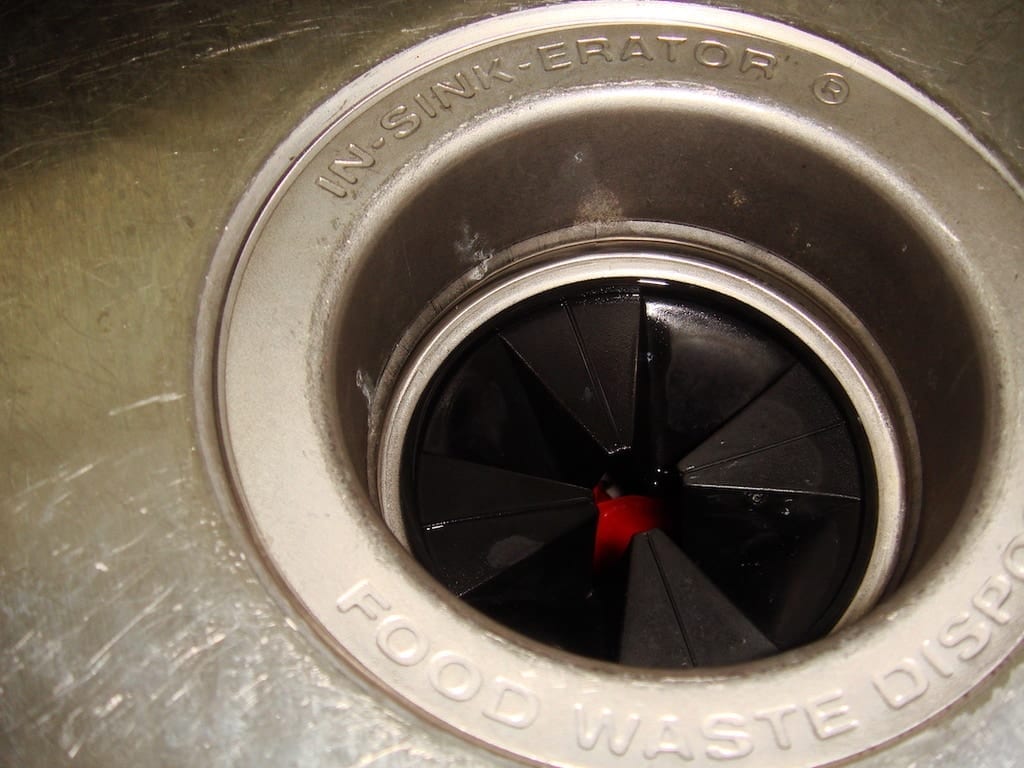
They can also leave a foul smell when left in the wrong place for an extended amount of time. If your trash can is starting to smell funky, it’s best to clean it with a disinfectant or even a bit of ACV. Coffee will just add fuel to the fire, making it much harder to clean out later on.
Toilet Bowl Cleaning: Avoid Coca Cola
We’ve all seen videos of the many uses of coca-cola and how it can get rid of bacteria build up and dirt. But lo and behold, this hypothesis is not entirely true. While the citric and phosphoric acid in soda drinks can help remove stains, it can also wreak more havoc than good.
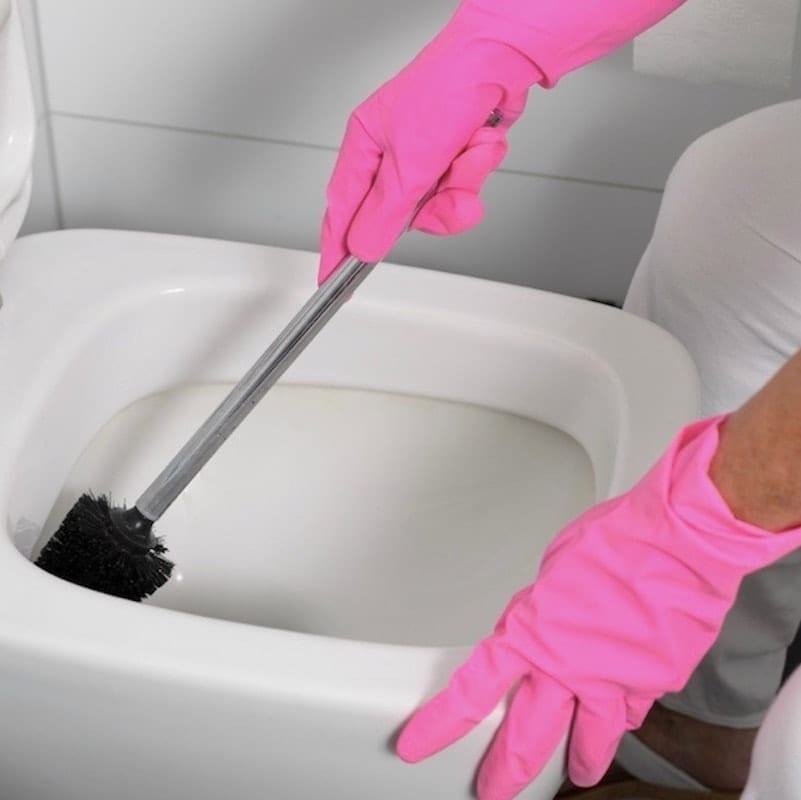
Coke also contains potent ingredients that can hurt and crack surfaces. It’s best to stick to a traditional toilet cleaner instead of trying this carbonated beverage trick. Save your cola for a meal instead! There’s a reason it’s a beverage and not a toilet cleaner.
Stains on Pans: Avoid Dryer Sheets
Here we go with the dryer sheet craze. This one has been quite the buzz for cleaning, but is it the best solution? We beg to differ. If you have a pan that’s heavily stained with grease and oils, it’s best to avoid dryer sheets since they won’t clean your pans and pots at all. You might as well just be using water.
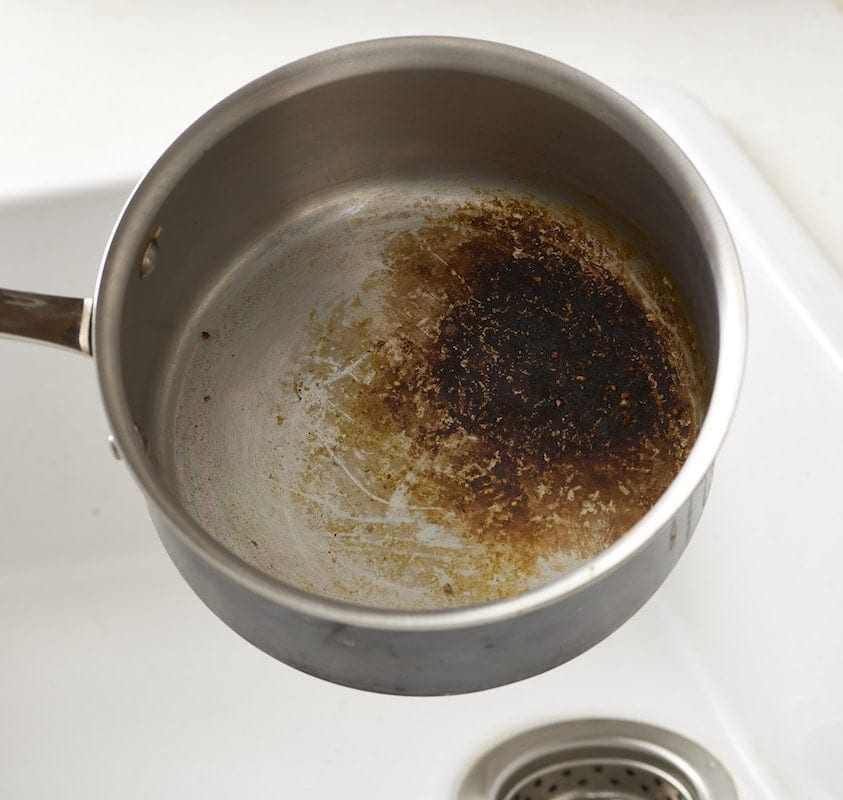
If you’re trying to remove the grease from your pots, coat the bottom layer with dishwashing liquid overnight and even throw in some baking soda for that extra oomph. Leave it to soak and then wash it off first thing in the morning. You’re welcome!
Ruined Clothing: Don’t Add More Detergent
We’ve had clothes that got soiled before due to heat or some other environmental factors. One of the most detrimental things to do to your clothes though, is adding more detergent than usual to counteract the stain. In no way is adding more detergent useful, and it can actually do more harm than good.
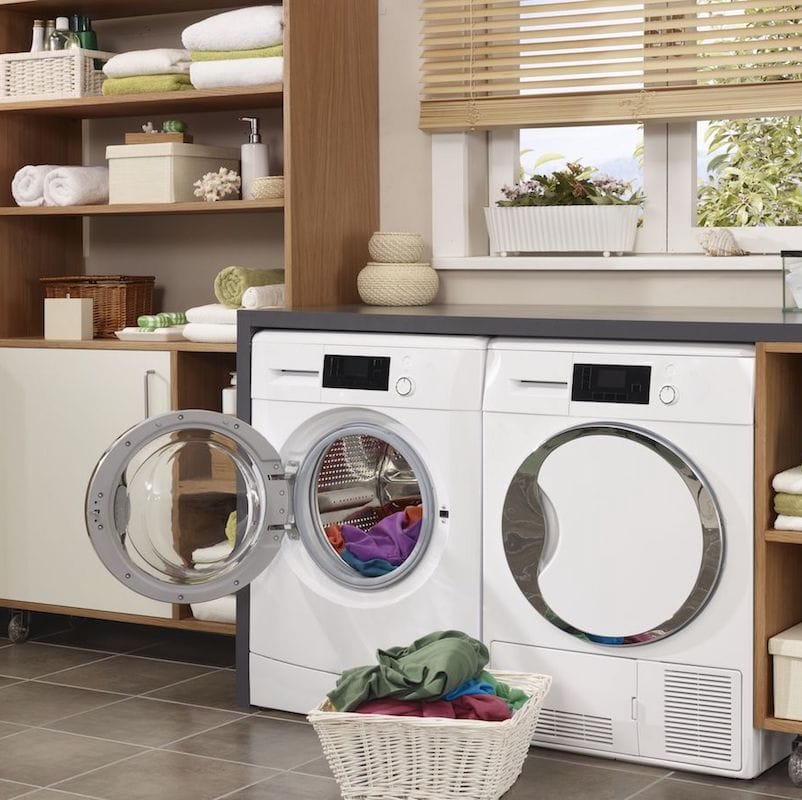
Washing off the excess soap will cause you to use more water, and it’ll even add more weight to the clothes inside the wash. Skip the added detergent and just ditch the dirty clothing or consider chucking it into the trash. Another lesson learned.
Coffee Maker: Say no to Bleach
Often, bleach comes in to save the day as a quick solution to all our cleaning problems. Little did we know that some areas in our home are anti-bleach, such as our coffee makers. Cleaning your coffee maker with bleach might alter the taste of your coffee and can also be potentially harmful to your health if the chemicals seep through.
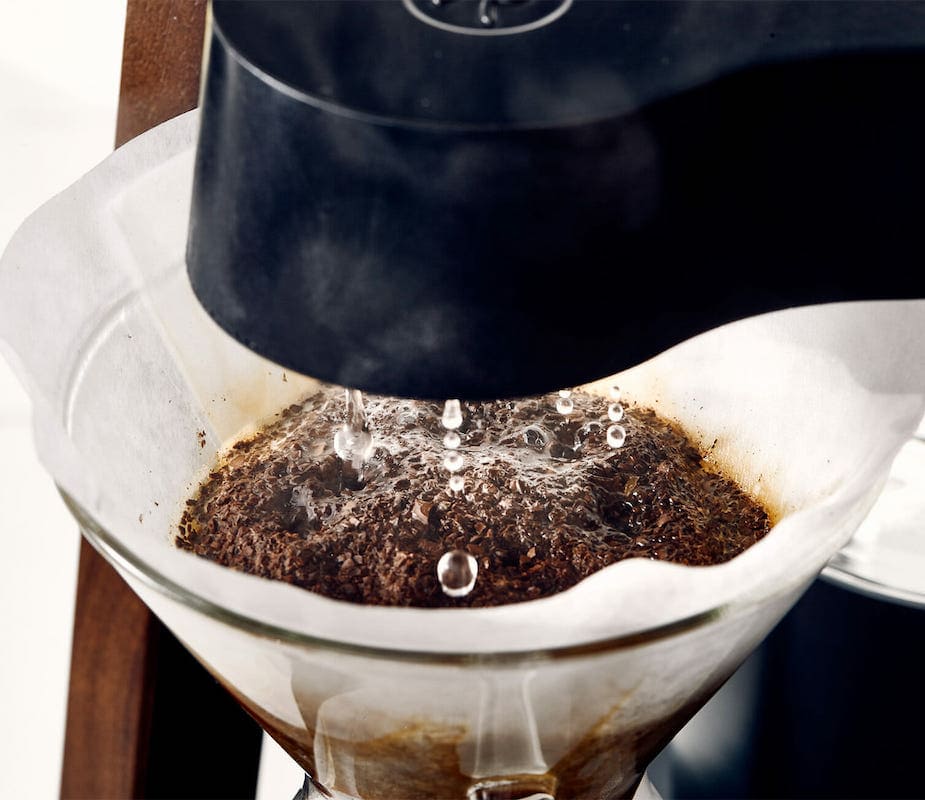
Instead of using bleach for your coffee maker, run a mild soap through it, and rinse it very thoroughly afterward. Or even do a simple vinegar wash with 4 parts vinegar and 2 parts water. That should do the trick. No coffee makers will be harmed or destroyed.
Shoe Cleaning and Polish: Don’t Swipe With Bananas
With all the news of natural remedies going around and the many uses of banana peels, often people will take matters into their own hands and give it a shot. We’re suggesting to avoid this banana peel hack since it can cause your new leather shoes to get ruined and left covered in banana.
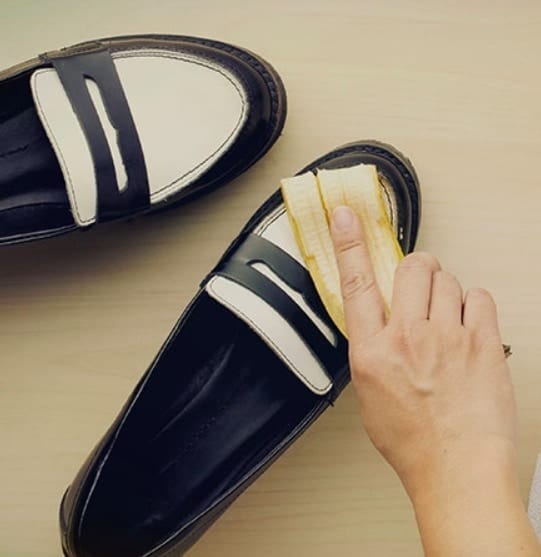
Not the kind of look you want to be sporting around especially at a job interview. Ditch the banana peels and go for regular shoe polish; after all, it’s less messy, and you’ll have instantly brighter shoes minus the smell of bananas.
Disinfecting: Don’t Solely Use Hot Tap Water
Yes, hot water can kill germs and bacteria build-up. Research conducted by WHO mentions that temperatures of 140°F to 150°F are enough to help aid in killing viruses- But, this is not always the case. Especially if you don’t have a way to measure how hot the water is at home.
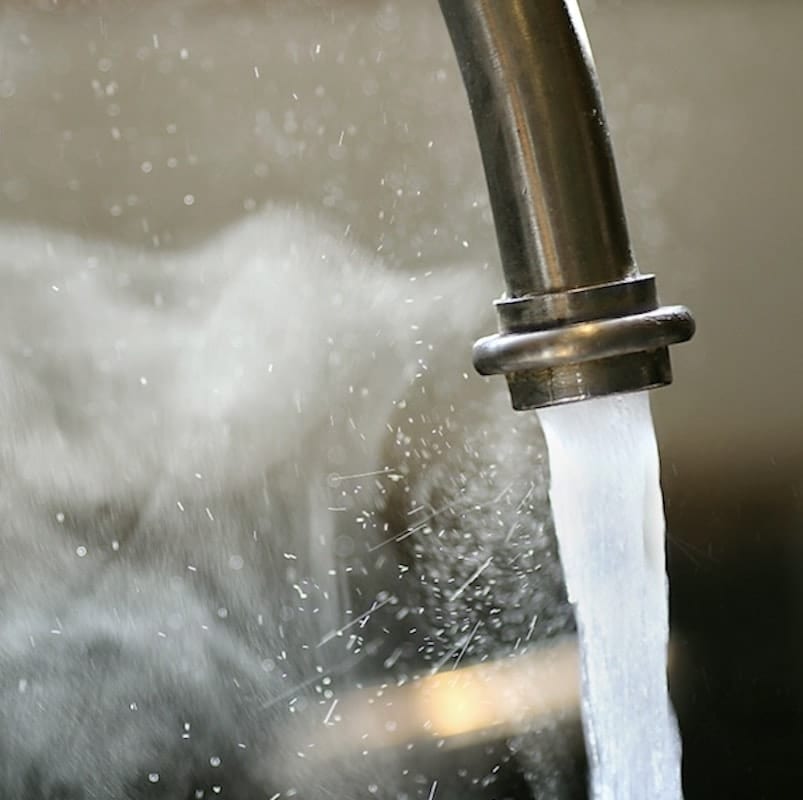
If you’re keen on disinfecting surfaces or objects in your home, you’d be much better off using a strong disinfectant such as Lysol or even a potent all-purpose cleaner. These are sure to zap all unwanted build-up and bacteria. So you won’t have to worry about getting sick from objects that were only cleaned with not hot enough water.
